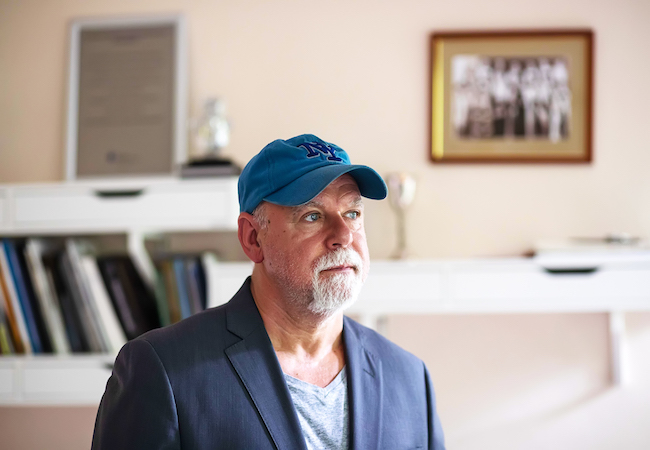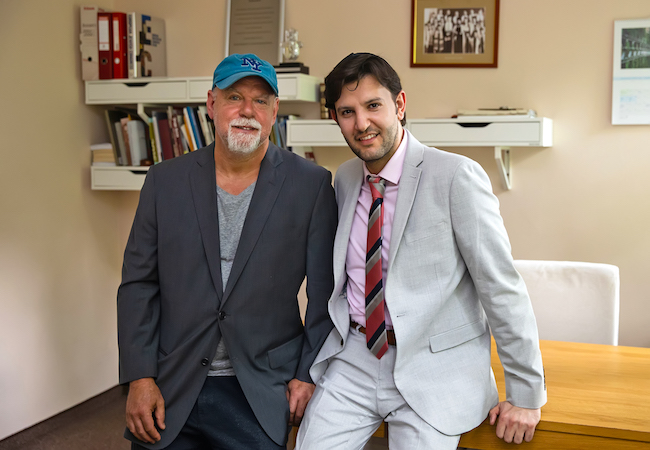Education works to keep Jewish identity and heritage a core value for all

Warsaw, Poland – Despite the devastating conditions of a war-torn society, the Jewish community of Poland has remained steadfast in its mission to exist and continue to thrive. Following World War II, there was a communal effort to work for the protection, reconstruction, and commemoration of Jewish cultural tokens. Leslaw Piszewski, a Polish activist of the Jewish community and the former President of the Union of Jewish Communities in Warsaw, shared his vision on this new younger generation living in the Jewish community in Warsaw.
Mr. Piszewski, who has been teaching classes in Jewish ethics at the Lauder Morasha school for many years, believes that without Jewish education, Jewish life in Poland could not survive. The school, established by the Ronald S. Lauder Foundation in 1994, celebrated its 25th anniversary in 2019. It is lauded since it became the first Jewish school in Warsaw since 1949. Children in this school are taught Judaism, what it means to be of the Jewish faith, the most sacred Jewish traditions, and the heritage of the past and present Jewish history.
Education is the most significant factor that affects the existence of the Jewish community. Knowledge helps the Jewish population to remain strong and steady when their existence is challenged. “In our case, we observe who passes their knowledge onto their parents and grandparents, who never experienced Jewish education and tradition while growing up in the Communist era and vice versa,” Leslaw Piszewski notes.
The Lauder Morasha school sponsors volunteer activities for each of the subjects in the curriculum under the name of Mitzvah Day. Here, the students visit and meet with many of the Jewish seniors, prepare decorations for the synagogues for holidays, and make the sukkahs for Sukkot. However, their primary focus and responsibility are with the elderly population. It is an amazing program since most of these elderly Jewish people no longer have families. The volunteers keep them company, bring kosher food or medicine to them, and present packages to each senior during the holidays. Furthermore, the school also organizes outreach groups that often prepare hundreds of kosher sandwiches for the homeless population. Remarkably, in 2018 the school prepared and served over 1,000 sandwiches.

The lessons taught at the school and particularly what students learn in their ethics classes are designed to help them to make the difficult choices they face throughout life and guide them to become a worthy member of the Jewish community. Leslaw Piszewski is focused on planting the seeds needed for his students to become decent human beings. They leave their classes with much knowledge to move into the future with a sense of “Jewishness” inside of them.
Although there are times that a student appears to be disinterested in particular lessons, Mr. Piszewski still considers each lesson as a positive experience. He knows that his students have absorbed everything taught to them. They have also learned how to value their roots, the legacy of ancestors, and the heritage of Jewish history. “I have discovered that they know how they should act, and they have much of the basic empathy needed in certain situations. If they can use that learning in the future and apply it to real-life situations, I have done my job perfectly.”
The long-term vision of Leslaw Piszewski is to find a way to more deeply affect many who have a reluctance to spend Shabbat with their families in the Synagogue. “I truly feel that learning and understanding Jewish ethics is essential for all of us,” concludes Mr. Piszewski. My goal is to help each young person to understand how important family time is and will always be in their lives.




